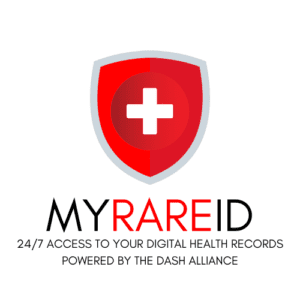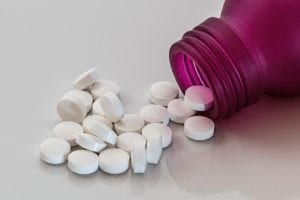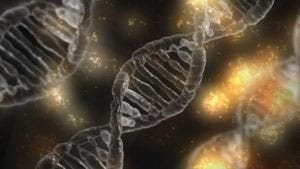Addison’s Disease a.k.a. Primary Adrenal Insufficiency
What is Addison’s disease?
Addison’s disease occurs when the body does not produce enough of amounts of certain hormones produced by your adrenal glands, which are above the kidneys. Specifically, the cortex of these adrenal glands is insufficient in creating the steroid hormones cortisol and aldosterone (adrenal insufficiency). Cortisol stimulates nutrient flow, regulates the body’s response to inflammation, alerts the liver to raise blood sugar, and helps control the amount of water in the body. Aldosterone regulates salt and water levels which affects blood volume and pressure. Addison’s disease affects between 100 and 150 of every 1 million people.What are the symptoms of Addison’s disease?
- Fatigue
- Loss of appetite
- Weight loss
- Low blood pressure
- Nausea
- Skin darkening, due to lack of cortisol
- Craving for salty foods
- Fainting
- Irritability, depression
What causes Addison’s disease?
Addison’s disease is developed when adrenal glands are damaged, producing insufficient amounts of the cortisol and aldosterone. The major cause of Addison’s is from an autoimmune reaction in which the body’s immune system produces antibodies that attack the cells of the adrenal cortex and slowly destroys them. Less common causes of Addison’s disease include:- Chronic infections such as tuberculosis or fungal infections,
- Cancer cells
- CMV virus in association with AIDS
- A serious hemorrhage into the adrenals during shock
- The surgical removal of both adrenal glands
How is Addison’s disease diagnosed?
Addison’s disease is often diagnosed after clinical evaluation, detailed patient history, and identification of characteristic symptoms. A diagnosis may be confirmed through a variety of specialized tests including:- ACTH stimulation test,
- Insulin-induced hypoglycemia test
- X-ray
- Blood test
- Imaging tests
What are the treatments for Addison’s disease?
Addison’s disease is caused by the lack of cortisol and aldosterone, therefore the treatment is to replace these with similar steroids. The mostly commonly prescribed include:- Oral corticosteroids – may be used to replace cortisol
- Corticosteroid injections – if cannot be taken orally
- Fludrocortisone tablet – may be used to replace aldosterone
Where can I find out more about focal Addison’s disease?
Addison's Articles

Managing a Dual Diagnosis: How Sarah has Survived, and Overcome, Challenges from Addison’s Disease and Stiff Person Syndrome (Pt. 2)
Before you read on, make sure to check out Part 1 of Sarah’s story. In Part 1, Sarah discusses the traumatic (and life-threatening!) odyssey that led to

Managing a Dual Diagnosis: How Sarah Has Survived, and Overcome, Challenges from Addison’s Disease and Stiff Person Syndrome (Pt. 1)
When Sarah Williams Maxwell was 18 months old, she was diagnosed with type 1 diabetes (T1D). Outside of managing this condition, Sarah was relatively healthy

How “My Rare ID” Supports the Rare Disease Community: An Interview with Jeff Lord (Pt. 2)
Before you continue, make sure you’ve read Part 1 of our interview, where we discussed the Lord family’s story and experience with rare disease, and the development

How “My Rare ID” Supports the Rare Disease Community: An Interview with Jeff Lord (Pt. 1)
When asked his most important piece of advice for families within the rare disease community, Jeffrey Lord said: Do what you can control and move

Rare Classroom: Addison’s Disease
Welcome to the Rare Classroom, a new series from Patient Worthy. Rare Classroom is designed for the curious reader who wants to get informed on

Isturisa for Cushing’s Disease Raises Adrenal Insufficiency Risk
Even though some treatments are beneficial for patients, these same treatments can also cause adverse reactions. This seems to be the case for Isturisa (osilodrostat),

New Gene Mutation For Adrenoleukodystrophy Found: A Case Study
When this 20-year-old male patient was serving in the military, he came down with two severe medical issues: pneumonia and adrenal crisis, categorized by an

An Addison’s Disease Story: Multiple Rare Diagnoses Often Means a Longer Waiting Game
Emily Dover This is Emily Dover’s story. At birth- perfectly healthy newborn, smaller than her siblings (8 pounds) 1 week- was having trouble sleeping and


